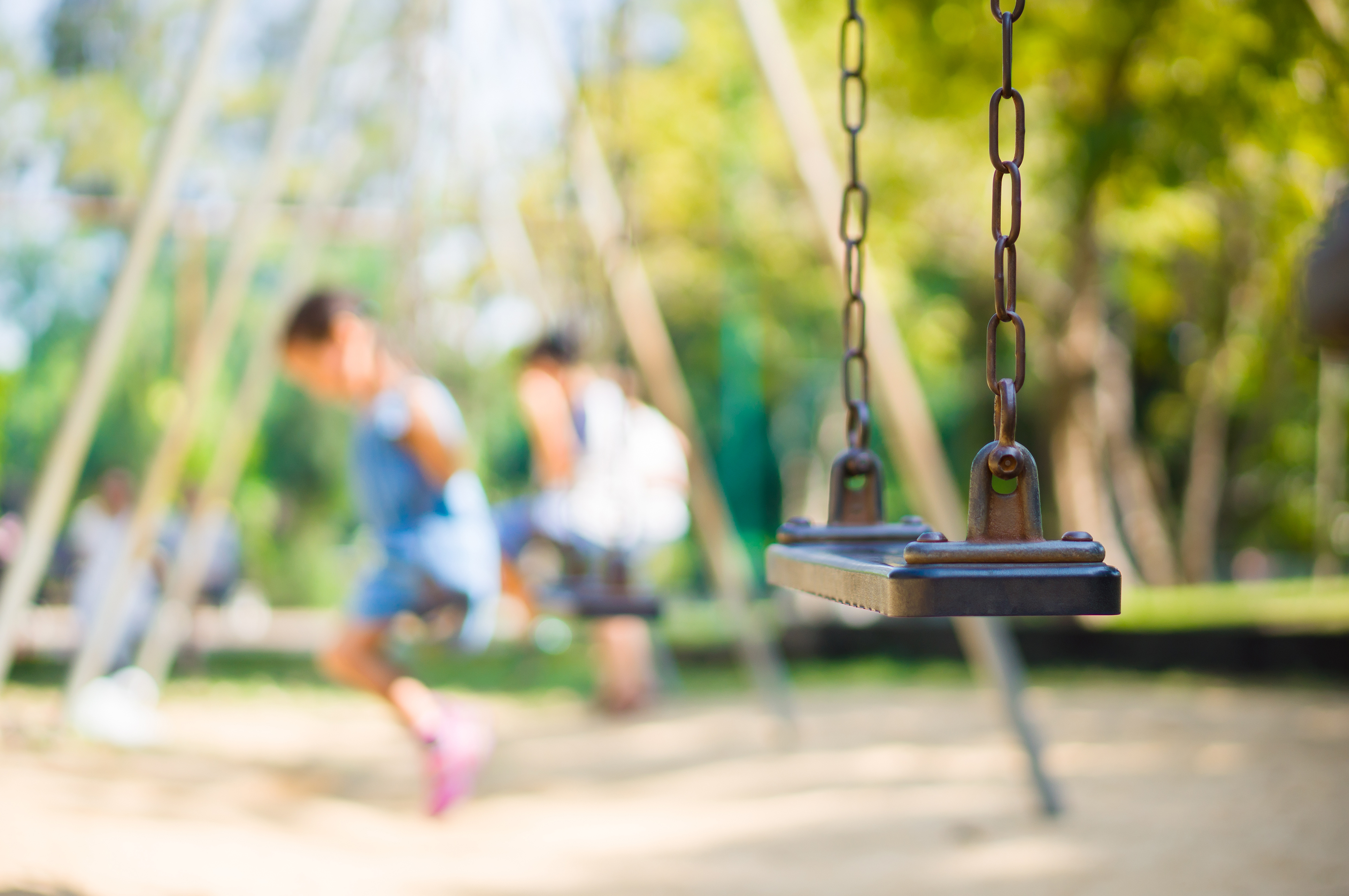A French teacher has been charged with manslaughter following the death of two students during a skiing trip to the French Alps. Ignoring a barrier and warning signs, the teacher led a group of students onto a closed piste where they were caught by an avalanche. The Telegraph reports that two students and an adult unrelated to the party were killed. Two other students were found in a state of cardiac arrest and the teacher was seriously injured.
Ignoring the warning signs
The students were at the ski resort of Les Deux Alpes as part of a school trip which takes place several times a year. The students were accompanied by a sports and physical education teacher from the school. ABC News reports that on the day in question, there was an avalanche risk rating of ’3 out of 5′ due to rainfall in the area. This rating indicates that a single skier can trigger an avalanche. It is unclear at present whether the group had taken recommended precautions for the heightened risk, such as bringing a shovel or an avalanche transceiver to locate members of the group.
In order to gain access to the piste, the group would have had to climb over a barrier which had signs with warnings in four languages. The piste was rated black, the highest difficulty level in France, and had been closed all season due to a lack of snowfall.
The avalanche caused the death of two students, a 16 year old girl and a 14 year old boy, as well as a Ukrainian man who was not part of the school group. The teacher was found unconscious at the scene, and remains in hospital with serious injuries. The remaining 17 students were located and are safe.
French authorities have charged the teacher with involuntary homicide, the French equivalent of manslaughter. The teacher has not been taken into custody due to his injuries, and was charged whilst in hospital. In a statement reported in Le Monde, the teacher’s lawyer said that the teacher does not deny his responsibility for the incident, but that the teacher failed to recognise the level of danger or risk as many other skiers had been taking the piste despite its closure.
Legal issues
The conduct of the teacher in this situation raises several legal issues. As mentioned above, the teacher currently faces criminal charges for his conduct. Although the full sequence of events is not understood at present, several factors indicate that there is reason to question the judgment of the teacher. These include:
- a lack of precautions despite the high risk of avalanche; and
- ignoring the barrier and signs at the beginning of the piste.
There were many reasonable actions that the teacher could have taken which, although it is impossible to be completely safe from avalanches when skiing, could have minimised the risk of a tragic event. Whilst a more thorough investigation will reveal more about the avalanche and why the students were killed, it is likely that the teacher’s error of judgment contributed to the tragedy
If a similar event took place in Australia, it could lead to consequences in criminal law and the common law, such as negligence. Teachers have a responsibility to take reasonable steps to prevent harm from happening to the students. Teachers who are placed in charge of an excursion or trip have a responsibility to understand the risks associated with the activity in question and to respect the warnings given by authorities.
Understanding the risks: School excursions
All schools should have in place a risk management procedure for excursions. The risks for each type of excursion are assessed depending on the type of activities. Through this process, schools should be able to identify foreseeable risks and take reasonable steps to protect students. Importantly, the school does not have a duty to eliminate all risk, as this would be impossible. There is always the possibility of an unforeseen event occurring, such as a road accident or a natural event like an avalanche. In the event of extreme events such as these, it is important that the school can prove that reasonable precautions were taken. See our previous article Polar bear tragedy: Protecting against ‘remote possibilities’.
One of the impacts of events such as the tragedy in France is that schools become even more hesitant to authorise excursions. The New Zealand Herald reports that new health and safety regulations may be having a chilling effect on school activities such as camps, as schools are wary of possible fines if they fail to meet the increased legal obligations. There are reports that school boards and principals are concerned about the large fines and possible jail sentences that are associated with serious breaches, and are revising their activity schedules due to these concerns and the increased cost associated with hiring qualified supervisors or training staff. Although the New Zealand Government argues that out-of-school activities should be unaffected by the changes, many schools are choosing to be over-cautious and have commissioned full audits of their current policies.
This issue was further discussed in our article Excursion administration and litigation fears deter teachers. The tragedy in France demonstrates the importance of adopting a common sense approach to risk and the importance of reasonable caution when engaging in inherently risky activities.


.png)
